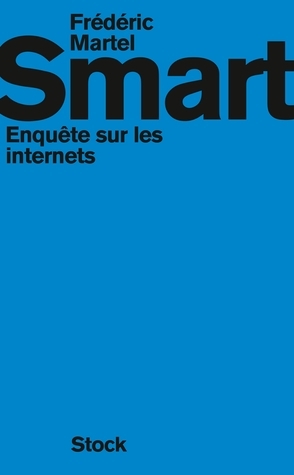Una excelente investiagacion acerca de internet en el mundo, tanto de como funciona en paises que vivien en dictaduras, tanto en paises libres, paises de primer y tercer mundo, tambien habla de la libertad de expresion y de como los medios se han tenido que adaptar a, en ese ent0nces, nuevo medio, y como las pesonas se adaptan al medio dependiendo de sus condiciones y culturas, tambien tiene una buena parte dedicada a como estados unidos regula internet y de como buscan solucionar el problema de la privaciad, tanto por las empresas que controlan el mercado de las comunicaciones como las que manejan las redes y el software, y muchas cosas mas, es excelente pero siento que envejecio un poco mal, aunque tambien predice muchas cosas como "el streaming" generalizado y de como la mayoria de cosas pasaron de ser un "producto" a un "servicio", como dije antes es un muy buen libro pero puede que si lo empiezas a leer encontraras un par de cosas desactualizadas.

